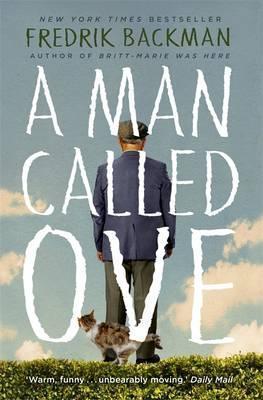This quote from the book expresses the situation the Osage people found themselves in in the early 20th century:
At one congressional hearing, another Osage chief named Bacon Rind testified that the whites had "bunched us down here in the backwoods, the roughest part of the United States, thinking 'we will drive these Indians down to where there is a big pile of rocks and put them there in that corner.'" Now that the pile of rocks had turned out to be worth millions of dollars, he said, "everybody wants to get in here and get some of this money." (pp. 87-88)
Oil was found under tribal lands, and every member of the tribe received a share of the earnings when drilling rights were auctioned off, quickly making them rich, and ripe for exploitation. There were lots of ways this was done, but a common one was through marriage to an Osage and inheriting shares at the death of their spouse.
Local government and law enforcement were on the take too, so it was hard to find justice when Osage were quietly and not so quietly murdered. It took outsiders from the nascent FBI to unravel some of the plots, but even when that was done and people ended up in jail, many perpetrators were never prosecuted.












